Open For Autumn: Istria the Only Coronavirus Free Region in Europe
October 15, 2020 – Istria the only Coronavirus free region in Europe, is safe to visit this autumn
Travel information provided by Belgian Foreign Affairs authorities currently places the Croatian region of Istria as the most successful in Europe at curbing the spread of Coronavirus. The region stands alone in being coloured green on the Belgian governmental map. As things currently stand, it can confidently be referred to as Istria, the only Coronavirus free region in Europe.
The map is produced by Belgian authorities as a travel guide. Although it currently says Istria the only Coronavirus free region in Europe, the situation could change at any time. The travel advice and map are constantly updated.
The green colour allocation is the highest possible allocation on the map. It means that 'travel is possible - hygiene and social distancing rules still apply.' This is great news for those hoping to visit Istria during autumn.
The autumn season is particularly inviting to many fans of Istrian cuisine as it is the time of year in which fresh truffles can be taken from the county's forests. Anyone planning to this year join the hunt for truffles can now do so confidently as Istria the only Coronavirus free region in Europe.
On 6th October 2020, Total Croatia News's Donatella Pauković wrote about the county's excellent epidemiological situation in an article in which Boris Miletić, mayor of Pula said 'Istria is Again an Example to The Rest of Croatia!'
The head of Istria County's COVID-19 crisis management team, Dino Kozlevac, praised residents of Istria for their widespread respect of suggested hygiene measures. Explaining the county's good epidemiological situation, he said that residents of Istria have been wearing protective masks in closed spaces for three months, and it is those efforts that have created these positive results. While the awarding of the green status does not mean there is zero risk of Coronavirus being currently present in Istria, its lone standing within the continent does mean that Istria is right now the safest place you can travel to in Europe.
Istria was in the world headlines earlier this month when it was voted the world's best olive oil making region in the world, for the sixth year running. Today it may be famous as Istria the only Coronavirus free region in Europe, but it will always hold its title as one of Europe's best areas of gastronomy. As well as olive oil and truffles, Istria is internationally recognised as one of southern Europe's best wine growing regions. Istrian malvasia and teran are famous all over the world.
For the latest travel info, bookmark our main travel info article, which is updated daily.
Read the Croatian Travel Update in your language - now available in 24 languages
Croatian Plant Sweet Wormwood Treats Coronavirus, say German Scientists
October 7, 2020 - Medical professionals remain cautious, but German media reports that scientists in their country have evidence to suggest Sweet Wormwood is effective in treating COVID-19. Known as Slatki Pelin in Croatia, the plant grows in Dalmatia and Herzegovina
67-year-old German media outlet Deutsche Welle has written that scientists within their country have discovered that Sweet Wormwood is effective in treating COVID-19. The plant is known as Slatki pelin in Croatian and grows wild within inland Dalmatia and nearby Herzegovina.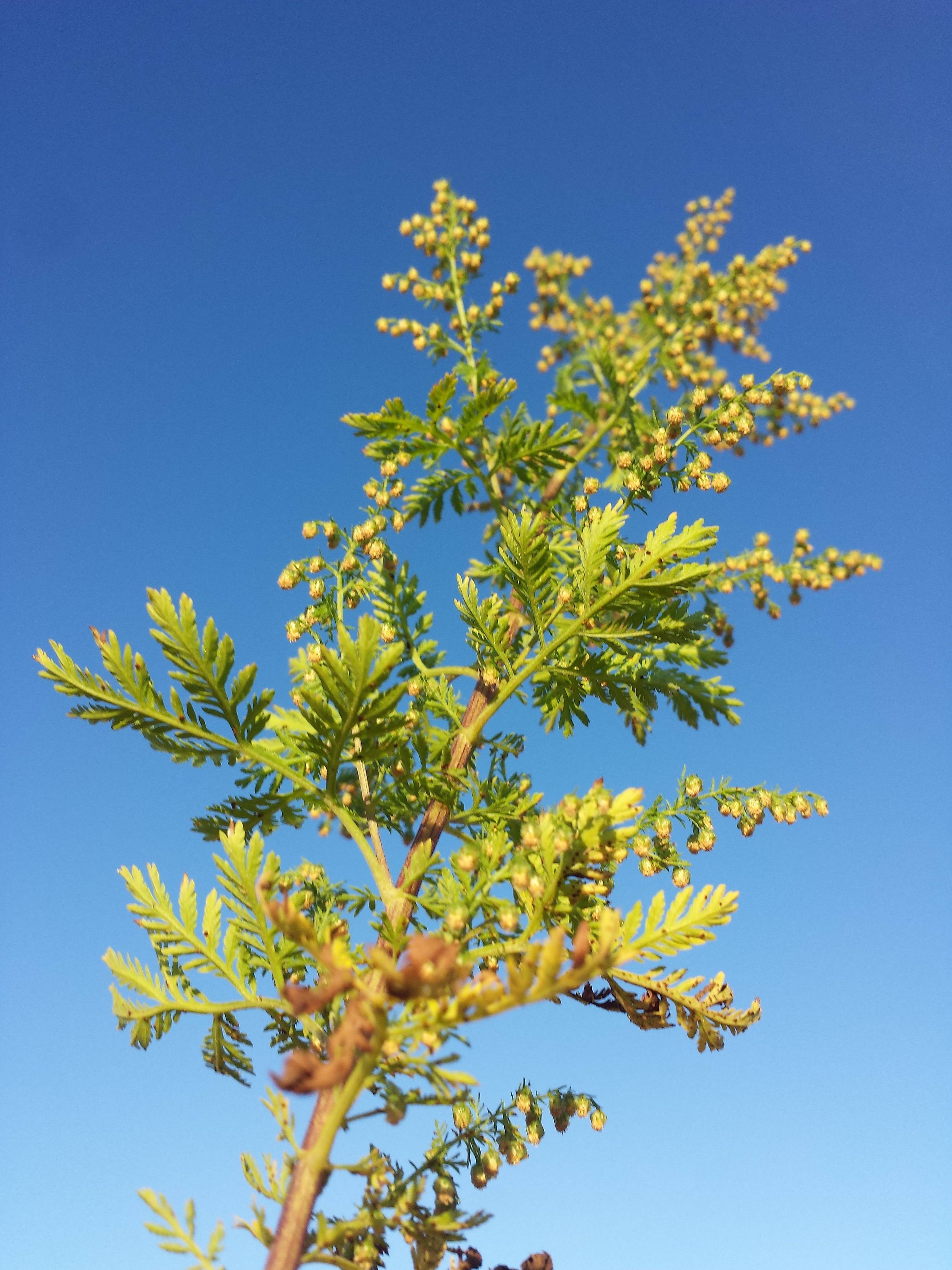 Sweet Wormwood is known as Slatki pelin in Croatia and grows in Dalmatia and Herzegovina, where people have been using it in tea as a herbal remedy © Stefan.lefnaer
Sweet Wormwood is known as Slatki pelin in Croatia and grows in Dalmatia and Herzegovina, where people have been using it in tea as a herbal remedy © Stefan.lefnaer
Scientists from the German Max-Planck Institute in Potsdam are researching how to treat patients with the plant. Though the World Health Organisation says there is currently no evidence that sweet wormwood helps in the treatment of COVID-19, Dr Andrea Jurić, acting director of the Institute of Public Health of West Herzegovina Canton, confirmed to Deutsche Welle that she was aware of the plant's positive effects on COVID-19 patients within Herzegovina. Some of the region's inhabitants have been using the plant to make tea for use as a herbal remedy for those who have COVID-19. Herbal remedies are commonly used across Bosnia and Herzegovina.
When asked about the German media report, Croatian Minister for Health Krunoslav Capak said that no comment could be made without recognised clinical trials having first been undertaken. “We in the medical profession are primarily guided by scientific research and clinical trials of drugs and medical procedures,” he said, after reminding journalists early reports that chloroquine and some other antiviral drugs were successful in treating COVID-19 had since been disproved by clinical trials. “Only when something is proved to be useful can we talk about it.”
Sweet Wormwood or Artemisia annua in Latin, is also sometimes known as Sweet Annie, Sweet Sagewort, Annual Mugwort and Annual Wormwood. It grows naturally in North America and in Asia too. In China, it has long been used in herbal medicine and is widely cultivated for that purpose. The plant already has an established reputation for combating malaria.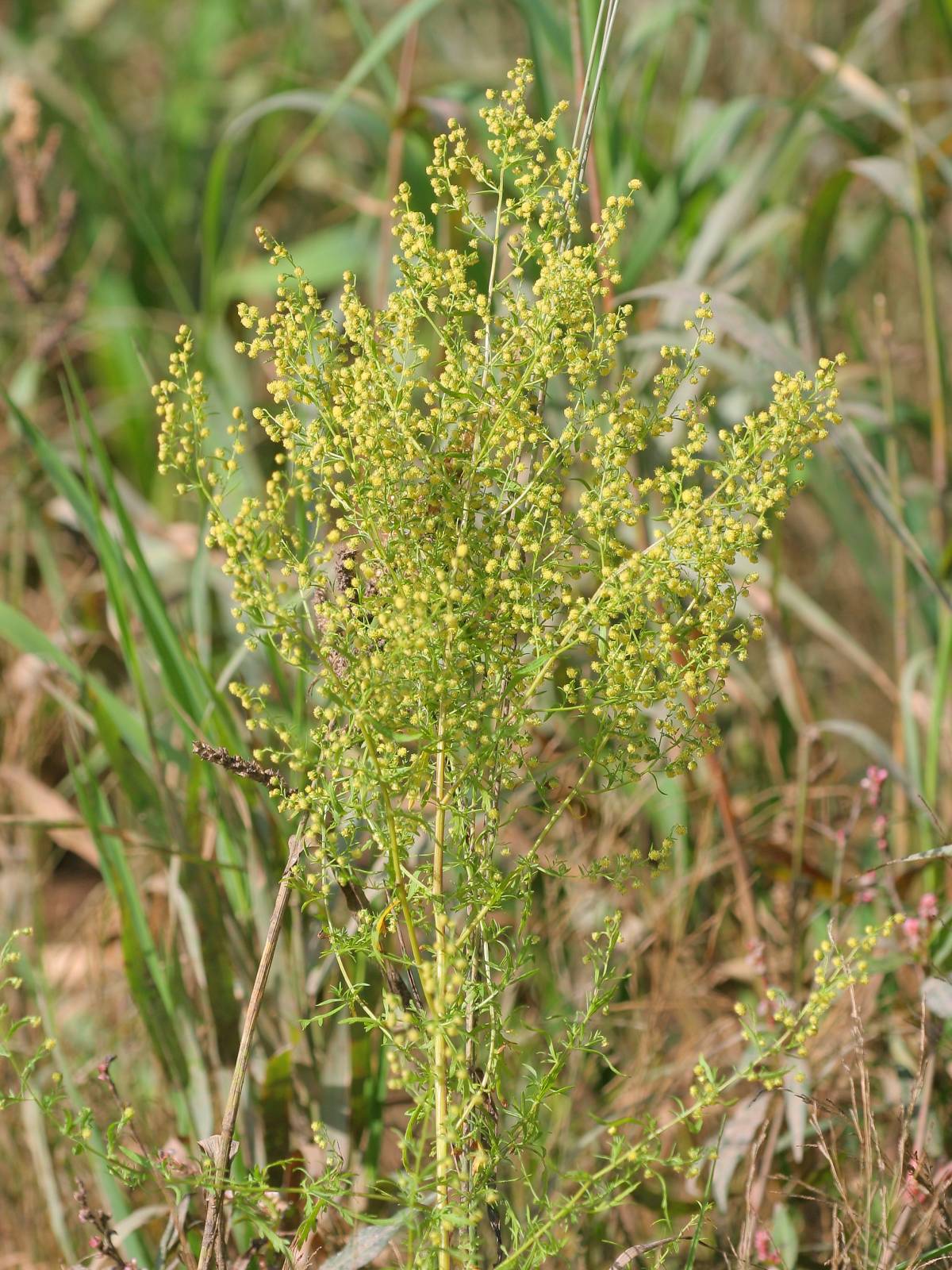 Sweet Wormwood © Kristian Peters
Sweet Wormwood © Kristian Peters
For the latest travel info, bookmark our main travel info article, which is updated daily.
Read the Croatian Travel Update in your language - now available in 24 languages.
Join the Total Croatia Travel INFO Viber community.
Expect Many English Speaking Visitors to Croatia in 2021, says Google
September 25, 2020 - Croatia is the 14th most searched holiday destination in the world for next year. With over 810, 000 searches on Google, the country should expect a big return of English speaking visitors to Croatia in 2021
Aside from the drop in numbers, the country's accessibility and the implementation of epidemiological guidelines, the biggest effect the Coronavirus pandemic had on Croatia's tourist season of 2020 was the change in visitor demographic. The British, Americans, Canadians and Australians largely stayed away. All that looks set to change next year as Google indicates a big return of English speaking visitors to Croatia in 2021.
Over 810, 000 searches have already been made of Croatia as a holiday destination for 2021 on Google, informing that many thousands are already researching or actively planning a trip. Croatia ranked 14th among the most searched for 2021 destinations, trailing slightly behind the likes of Italy, the Maldives, Mexico, Thailand, Spain and Greece.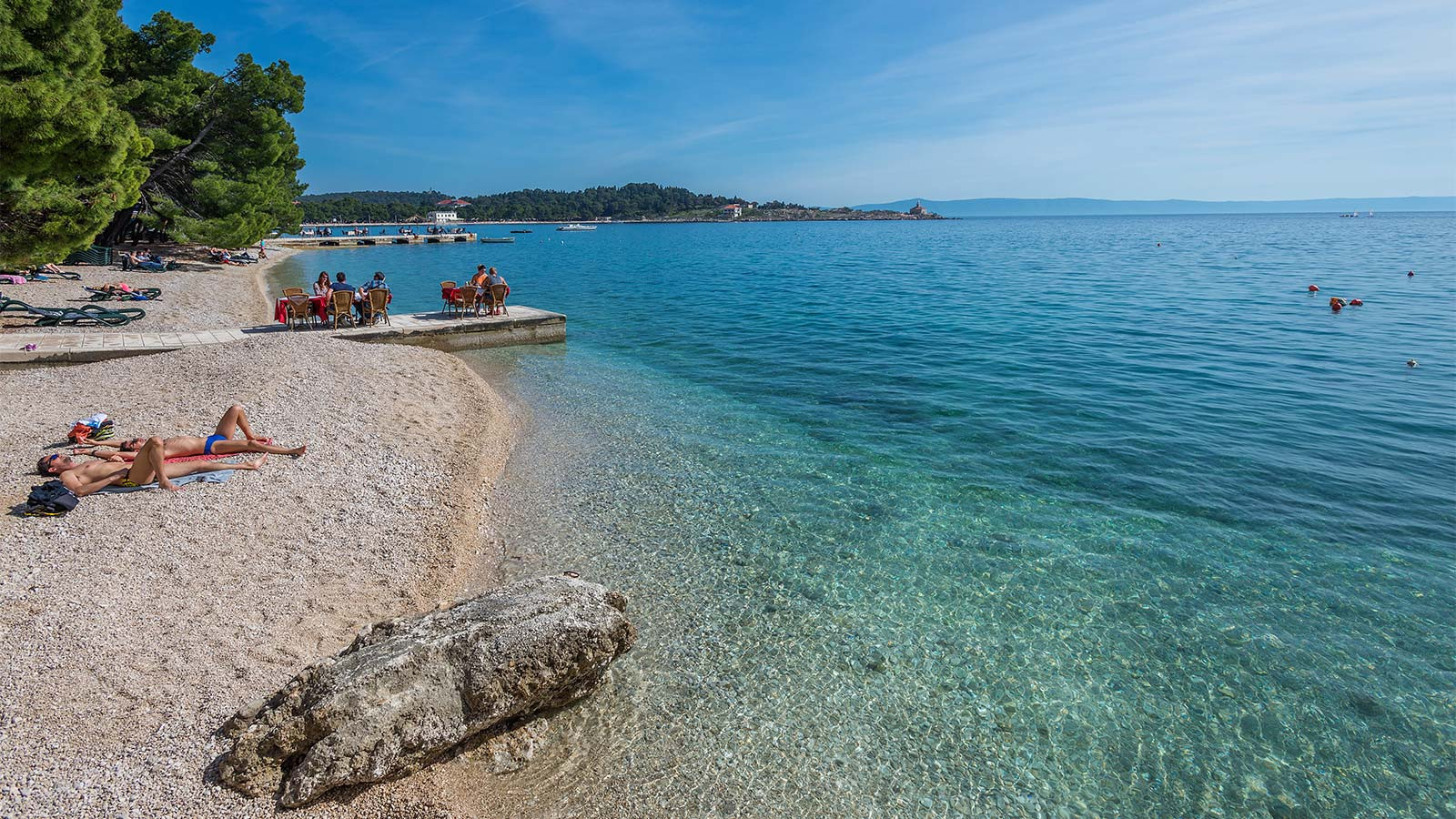 Their language mostly absent from beautiful Adriatic beaches in 2020, English speaking visitors to Croatia in 2021 look set to return © Croatian National Tourist Board
Their language mostly absent from beautiful Adriatic beaches in 2020, English speaking visitors to Croatia in 2021 look set to return © Croatian National Tourist Board
The good news for the return of English speaking visitors to Croatia in 2021 was published by the Electronic System for Travel Authorization (ESTA). The data has been taken from a period starting not before March 2020. This means that all searches took place in full knowledge of the ongoing Coronavirus and epidemiological situation. English speaking visitors are undeterred.
Iva Bahunek, the head of the Croatian Tourist Board in Los Angeles has not had the easiest of tasks since the pandemic began. Her appointment is a relatively recent one. Nevertheless, she has clearly done an excellent job of promoting Croatia as a destination for American tourists in 2021. She confirmed the trends are correct - that US citizens are ready for international travel again - by analysing data from the large American travel insurance company Squaremouth. 65% of all reservations for next year refer to international destinations.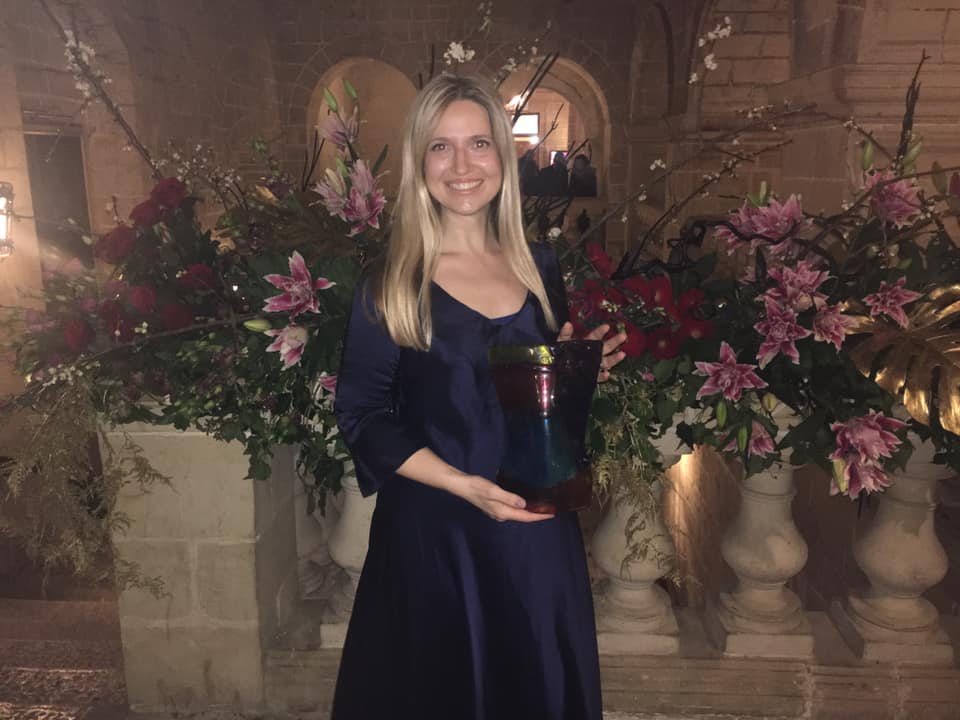 Iva Bahunek accepting her Mediterranean Stars Award for outstanding achievement in promoting Mediterranean tourism, awarded at the 6th Mediterranean Tourism Forum in Malta, 2019. She now heads the Croatian Tourist Board in Los Angeles and analysed data which backs up Google's prediction for a return of English speaking visitors to Croatia in 2021
Iva Bahunek accepting her Mediterranean Stars Award for outstanding achievement in promoting Mediterranean tourism, awarded at the 6th Mediterranean Tourism Forum in Malta, 2019. She now heads the Croatian Tourist Board in Los Angeles and analysed data which backs up Google's prediction for a return of English speaking visitors to Croatia in 2021
Indications from the British market are the same. Total Croatia News recently published an interview with Vedran Meniga, organiser of a music festival site in Sibenik that successfully hosted over 10, 000 festival-goers in summer 2020. Sadly, they were the only ones who braved it. All of the international music festivals that usually take place on the Croatian coast cancelled their 2020 events.
But, some organisers of these festivals have been seen in Croatia over recent weeks, inspecting improvements to the famous The Garden Tisno festival site, which lies at the approach to Murter island. The festival's hugely popular beach stage has had walls removed, its space widened and now looks very well equipped to take on social distancing advice. Music festivals bring tens of thousands of people to Adriatic beaches each summer and the return of the international events will entice English speaking visitors to Croatia in 2021. On the below video you can see Alex Lowes of the Suncebeat Festival and Nick Colgan of The Garden Tisno recently checking out the new layout of the site in preparation for the return of festivals in 2021.
For the latest travel info, bookmark our main travel info article, which is updated daily.
Read the Croatian Travel Update in your language - now available in 24 languages
Over 10, 000 Attend Music Festivals in Sibenik In 2020 - Zero Infections
September 22, 2020 - For six consecutive weeks this summer, the Martinska venue alone welcomed over 10, 000 international visitors to its music festivals in Sibenik. Zero cases of Coronavirus occurred.
Over recent years, three things have firmly placed Croatia on the international stage – Game Of Thrones, the World Cup and music festivals. Running for over a decade now, music festivals are the oldest of these. They have elevated places like Pula and Tisno to become among the most-Googled destinations in the country.
So popular now are Croatia music festivals, that many say the summer season of music festivals in Croatia has supplanted the famous hedonistic holidays of Ibiza as the hippest place to go. Incredible disappointment was therefore felt by tens of thousands of expectant party people earlier this year when most of the international Croatia music festivals decided to cancel their 2020 events. They did so in response to the Coronavirus pandemic.
One venue stood alone – Martinska, a 20-year-old site for music festivals in Sibenik. Over six consecutive weeks, all of their 2020 festivals took place. They did so under strict adherence to epidemiological guidelines. And, following a wait of two weeks after the final event (to cover any potential Coronavirus incubation period), site organisers Pozitivan Ritam have released their results - zero cases of Coronavirus.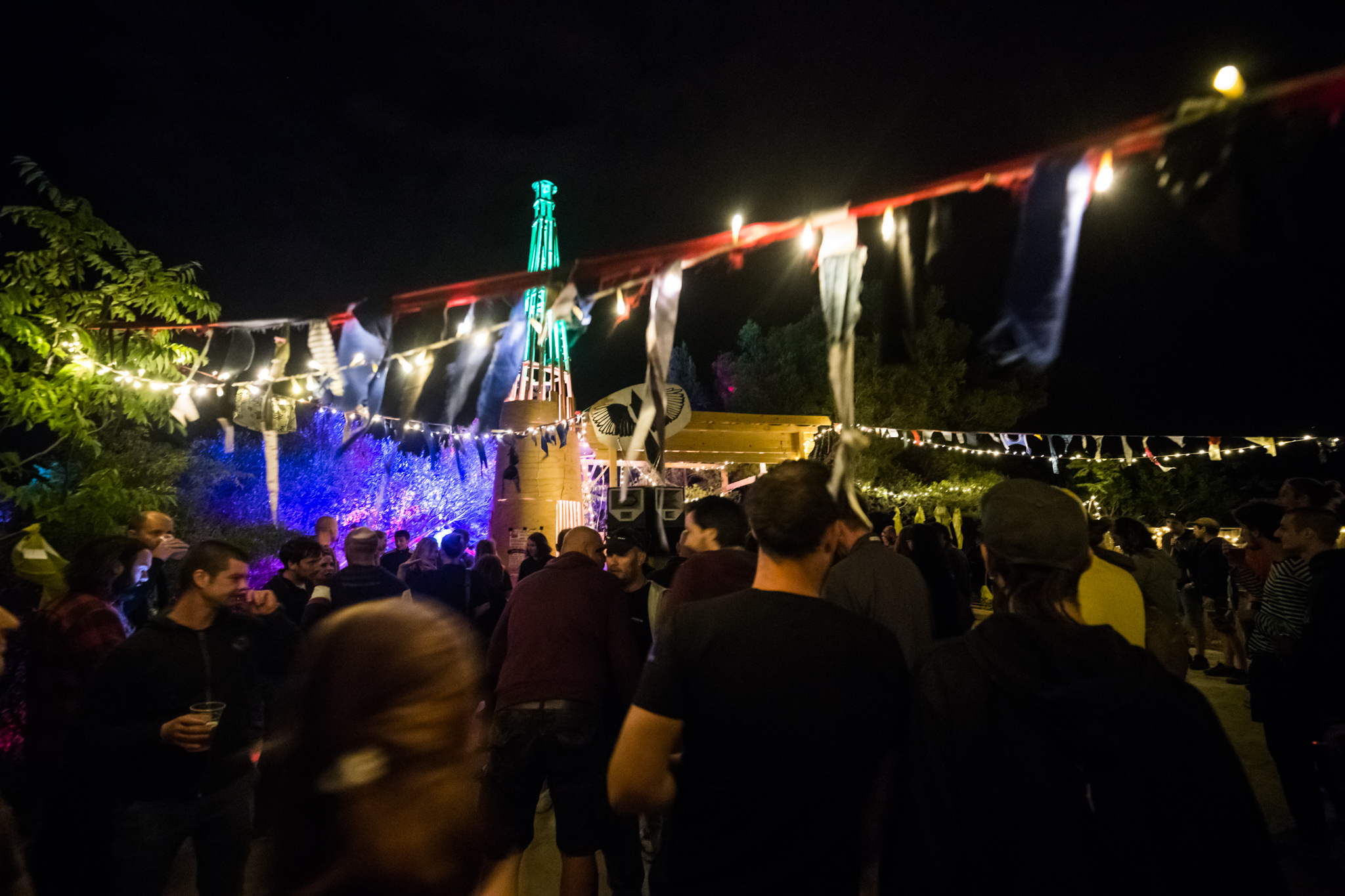
“It's not only the five festivals and one concert event that we did,” Pozitivan Ritam director Vedran Meniga told TCN, “The Fortress of Culture in Sibenik had more than 30 events this summer and Project Vojarna in Sibenik had two parties this year with over 4000 people. On one RTL television show, they described Sibenik as the Croatian Wuhan when 3000 people were in the town for one techno party there. But, at the end of the season, none of these events resulted in a single Coronavirus infection. Not one.”
Following a successful lockdown earlier in the year, cases of Coronavirus were limited in Croatia at the start of the season. Yet, some were understandably hesitant to come. Music festivals in Sibenik still managed to attract visitors from Britain, France, the Netherlands, Belgium and Germany to Martinska. Even after the middle of August when cases began to appear in other regions and international visitor numbers dried up, the festival site was still busy with Croatians and partygoers from near-neighbouring countries. At the end of August, there were no more than five infected persons in Sibenik. None were music festival or music event attendees. Throughout much of the summer, Sibenik recorded zero cases.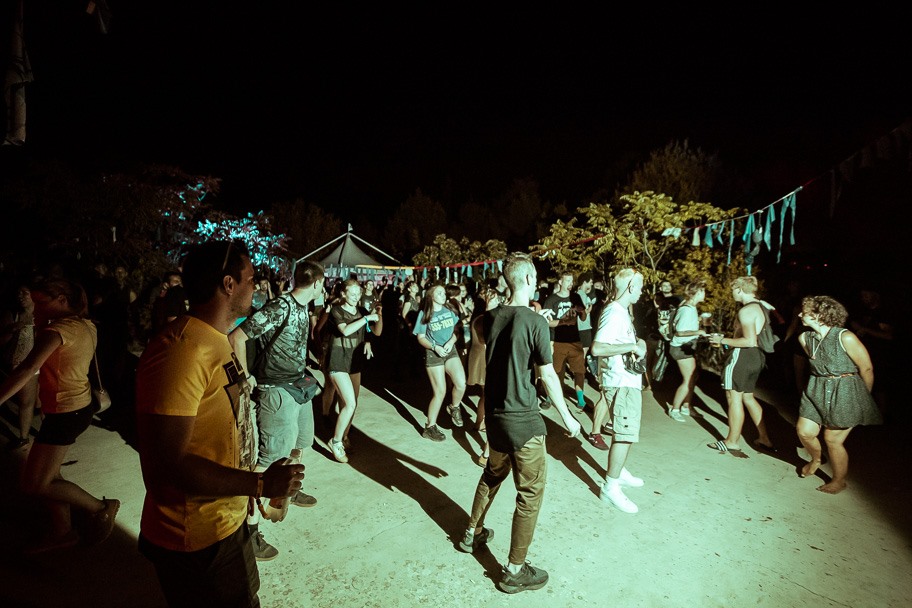
“The music festivals in Sibenik are proof that it's possible to work doing events during the era of Corona,” Meniga tells TCN. “Of course, all of our events were open-air and no doubt that helped.”
"When cases started to reappear elsewhere at the end of July, I went to the civil authorities and epidemiologists immediately, before they came to us,” says Vedran. “The civil authorities and the police grant the license for the events. I presented them with a plan and they were satisfied. They allowed us to continue.”
“It helped that Martinska is across the bay from Sibenik. Festival attendees don't even need to go into the town to come, they drive here straight from the Magistrala (Croatian coastal highway). Also, Martinska's capacity is five times bigger than the numbers we were going to cater for. The site can accommodate six to seven thousand. We expected no more than 1500 daily. That was more than enough space to maintain physical distance. We carefully took all contact details for each attendee at the entrance, in case something appeared and we (or authorities) had to later contact people. We also took everyone's temperature. And in addition to the required epidemiological sanitization, we also installed disinfectant pillars at every single point where money or goods exchanged hands. All our staff wore not only masks but also gloves. Four times the civil authorities made surprise visits to the site for inspection along with epidemiologists and police. Each time they were completely satisfied.”
Current forecasts for the Coronavirus response predict that a vaccine will not be available to cover everyone until the autumn of 2021. This has serious implications for at least one more tourist season. Yet, with the incredible achievements seen this summer at Martinska's music festivals in Sibenik, we can all take hope that events, tourism, and even life itself may continue to be enjoyed in the near future, as long as we're all smart about it.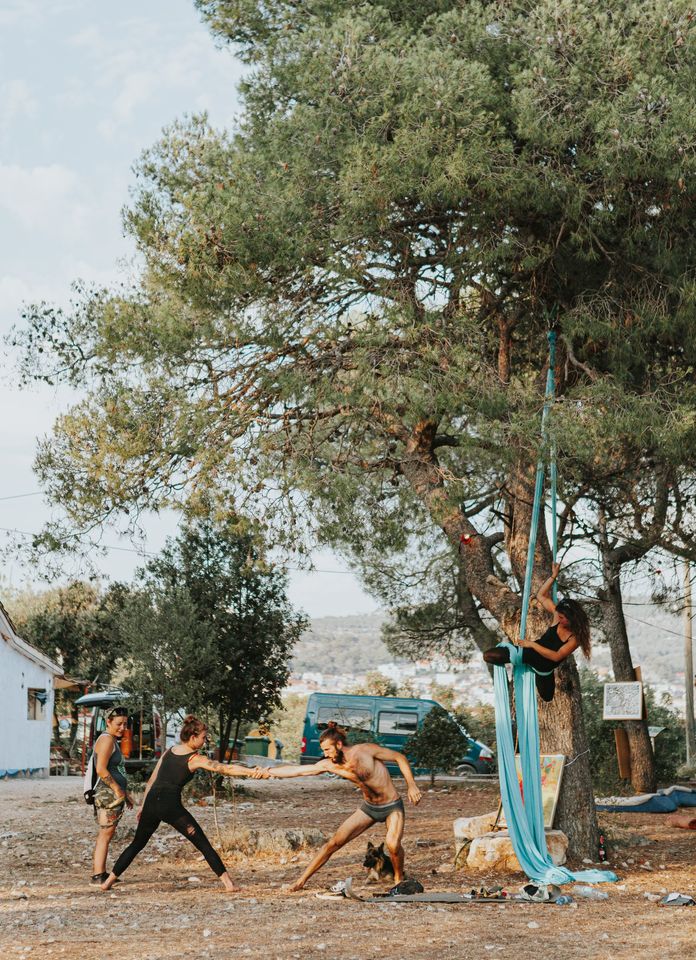
All photos 2020 Martinska © Seasplash / Pozitivan Ritam.
For the latest travel info, bookmark our main travel info article, which is updated daily.
Read the Croatian Travel Update in your language - now available in 24 languages
National COVID-19 Response Team Introduces New Measures
ZAGREB, Aug 22 - New epidemiological measures have been introduced for Imotski, Cista Provo, Lovrec, Lokvicic, Podbablje, Prolozac, Runovici, Zagvozd and Zmijavci in Split-Dalmatia County, and they will be in force for the next 14 days, starting on August 24, the national COVID-19 response team has said.
The new measures have been introduced at the request of the county and local teams in charge of managing the coronavirus crisis.
The new epidemiological measures limit the number of guests at weddings to 50 while other private ceremonies and celebrations may be organised only within the family and with a maximum 20 guests.
Bars and bistros can serve guests only in open-air spaces, terraces and the like, while family farms which provide catering services must not receive groups of more than 20 people.
Funerals may be attended by a maximum 50 people, who must avoid physical contact when extending condolences to the berieved.
For the latest travel info, bookmark our main travel info article, which is updated daily.
Read the Croatian Travel Update in your language - now available in 24 languages
Communication Challenges in COVID-19 Era
July 27, 2020 - Organized in partnership with Global NGO Executive Committee, the UN Civil Society Communications Workshop Series will consist of several workshops taking place online during the period of July - September 2020.
Srećko Mavrek, a Croatian international educational expert based in New York, participated in the UN Civil Society Communications Workshop: Communication Challenges and Opportunities in the COVID-19 Era on Thursday, July 23, 2020. This workshop was organized in partnership with American Counseling Association, International Council of Nurses, Medical Women’s International Association, NGO Committee on Education, Learning and Literacy, and Akshar Foundation.
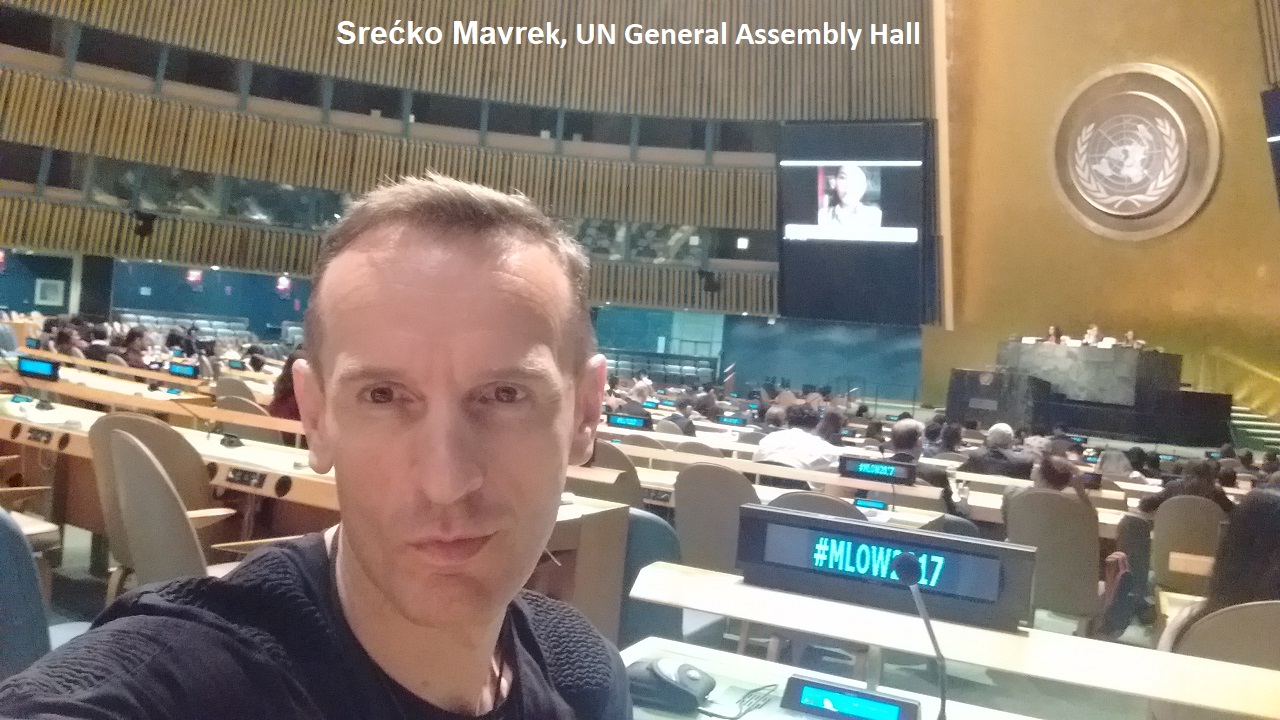
“The first session Tools and Techniques of Effective Communication for NGOs addressed civil society communication challenges and opportunities during the COVID-19 era and some contemporary issues related to disparities and discrimination. Participants were exploring the role of effective communication strategies and resources. The second session Transforming NGO Communications: From Conversation to Advocacy, Action and Social Policy addressed the issues of communications regarding complex, global, contemporary societal issues resulting in disparities and discrimination. Both sessions focused on intersectionality as the main cause of all disparities and inequalities,” said Mavrek.
He gave his opinion on the matter: “For nearly 30 years, a flawed theoretical concept of intersectionality has been one of the standard categories in over exaggerated discussions of race in American life, but its proponents sometimes have difficulties with their subjective biases. Identity politics, group identification and tribalism have not led to the social progress and inclusion, but to more divisions by ignoring individualism, character, achievements, and talents. More important questions are how to overcome fake news and social media censorship, how to improve civic culture in communication, and how to protect the right to free speech in the COVID-19 era?”


